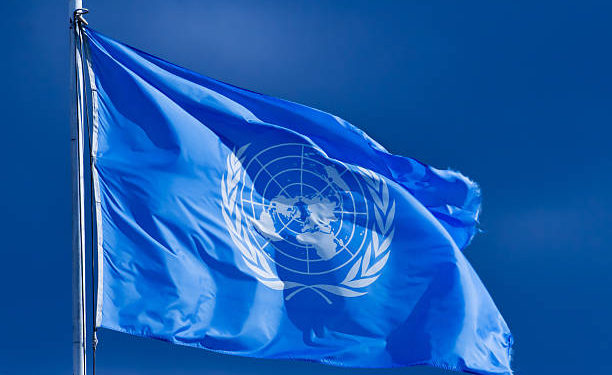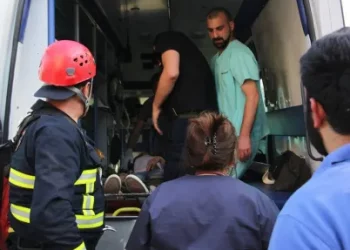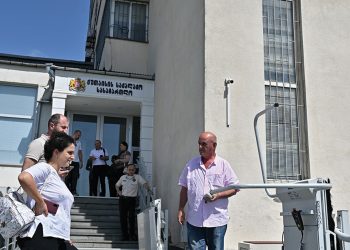The United Nations Country Team in Georgia condemns any form of violence and other abuses against children.
Safety, well-being, exercise of rights by and development of any child placed in care settings should be thoroughly monitored by relevant national actors, including by the Public Defender’s Office. Limiting a constitutional entity, such as the Public Defender’s Office, in implementing its mandate contradicts Georgia’s aspirations and obligations towards human rights and ensuring the rule of law. Hence, we condemn any attempts to prevent the Public Defender’s Office and relevant state monitoring institutions from exercising their constitutional duties [and in line with the United Nations Optional Protocol to the United Nations Convention Against Torture and Other Cruel, Inhuman and Degrading Treatment or Punishment (OPCAT)].
We note the judicial decision to move children with disabilities from the Ninotsminda boarding school to their biological families, foster care, or small group homes. We recommend that the court decision be extended to all children in institutions, mindful of the right of children to live in a family environment and the right of children to be heard, as per the Convention on the Rights of the Child, and noting the need for the preparation and readiness of the children for the transition to family- and community-based care. Moreover, considering the best interest of a child, we urge all actors to respect the right of all children and their families to privacy at all stages of the deinstitutionalization process in line with Article 16 of the Convention.
The UN General Assembly Resolution on the Rights of the Child adopted on 18 December 2019, by all of the 193 member states of the United Nations, including Georgia, reaffirms the state’s responsibility to end the institutional care of children and to provide high-quality, family and community-based alternative care for children.
Immediate and stringent measures are necessary from the state to develop and approve a detailed deinstitutionalization action plan in order to enhance childcare services and to ensure that quality alternative care services for children are provided with a focus on family- and community-based care.
We recommend the creation of an appropriate mechanism to oversee the deinstitutionalization process in line with international standards to ensure that children’s well-being and rights are fully guaranteed. In addition, we recommend the creation of a case management team of social workers and health professionals, including psychologists and therapists, to support the development and implementation of individual case management plans so that children are fully supported throughout this process.
We also call for dedicated efforts to improve family support mechanisms, including the child protection system and social welfare protection procedures.
Finally, we call for immediate action to eliminate all forms of interference with relevant state monitoring institutions’ constitutional mandate and implement the interim measure of the UN Committee on the Rights of the Child.
The UN in Georgia remains committed to work with the Government institutions, the Public Defender, civil society groups, international NGOs, and all interested religious denominations to address systemic challenges in all care settings.













